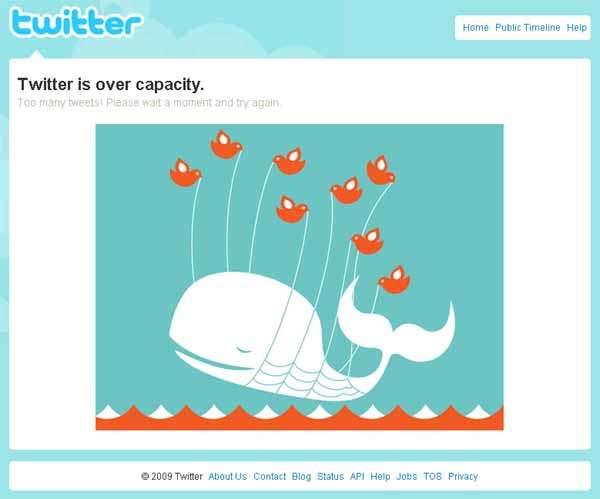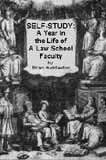But I guess that the New York Times' error in this doesn't matter since President Obama is saying basically the same thing:
"I think that Katrina was really a wake-up call for the country...that all of us can fall prey to these kinds of natural disasters". Rebuilding New Orleans Still a Priority, Obama Says, New Orleans Times-Picayune, August 23, 2009, page A-21. (Emphasis added)Oh, the shitstorm that would rain down in some parallel-hell of a universe where a President McCain made a statement referring to Katrina as just a natural disaster. The New York Times, President Obama, and the entire country may have forgotten this, but we in New Orleans still remember an important detail about Katrina: the catastrophic flooding wasn't due to the hurricane overtopping the levees, but resulted from the breeching of floodwalls that we now know were improperly designed and constructed by the Army Corps of Engineers over the past forty years.
Are the Times and the President glossing over this because now, all of a sudden, they don't want to draw attention to the inefficiencies and ineptitude of the federal government because the current administration is proposing that a big, new bureaucracy be created to provide a federalized health insurance option for one sixth of our population and take its place besides other great government success stories like Amtrak, the Post Office, and, yes, the Corps of Engineers?
Full blog post...





